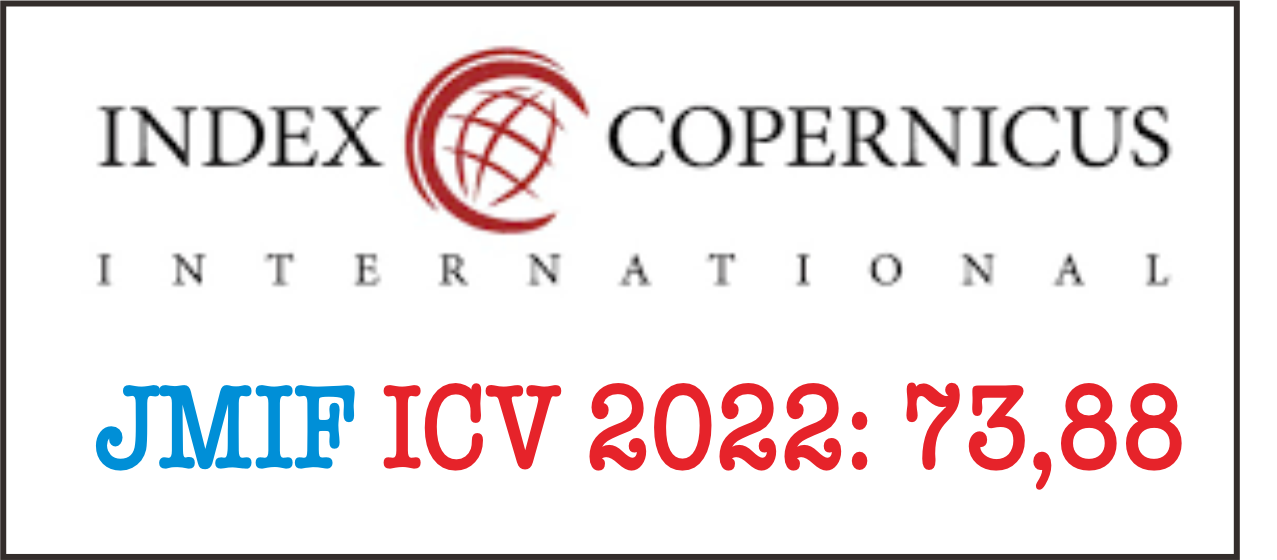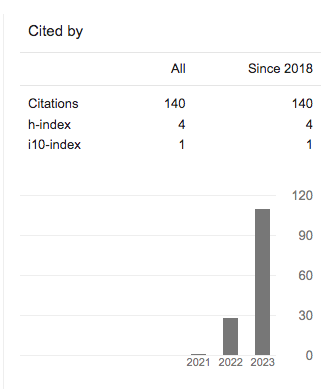Editors' Ethics
-
The decision of publication; editors should ensure a thorough, transparent, objective, fair, and prudent review of the text. It becomes the basis of the editor in deciding on a script, rejected or accepted. In this case, the editorial board acts as a screening team.
-
Publication information; editors should ensure that scriptwriting guidelines for authors and other interested parties can be accessed and read clearly, both printed and electronic.
-
The sharing of peer-reviewed manuscripts; editors should make sure reviewers and manuscripts for review, as well as clearly inform the reviewers of the provisions and process of reviewing the manuscript.
-
Objectivity and neutrality; editors should be objective, impartial, and honest in editing the manuscript, regardless of gender, the business side, ethnicity, religion, race, inter-group, and author's citizenship.
-
Confidentiality; editors should keep every piece of information well, especially concerning the author's privacy and distribution of the manuscript.
-
Disclosure of conflicts of interest; editors should understand the ethics of scientific publications above to avoid any conflict of interest with others so that the process of text publishing runs smoothly and safely.









